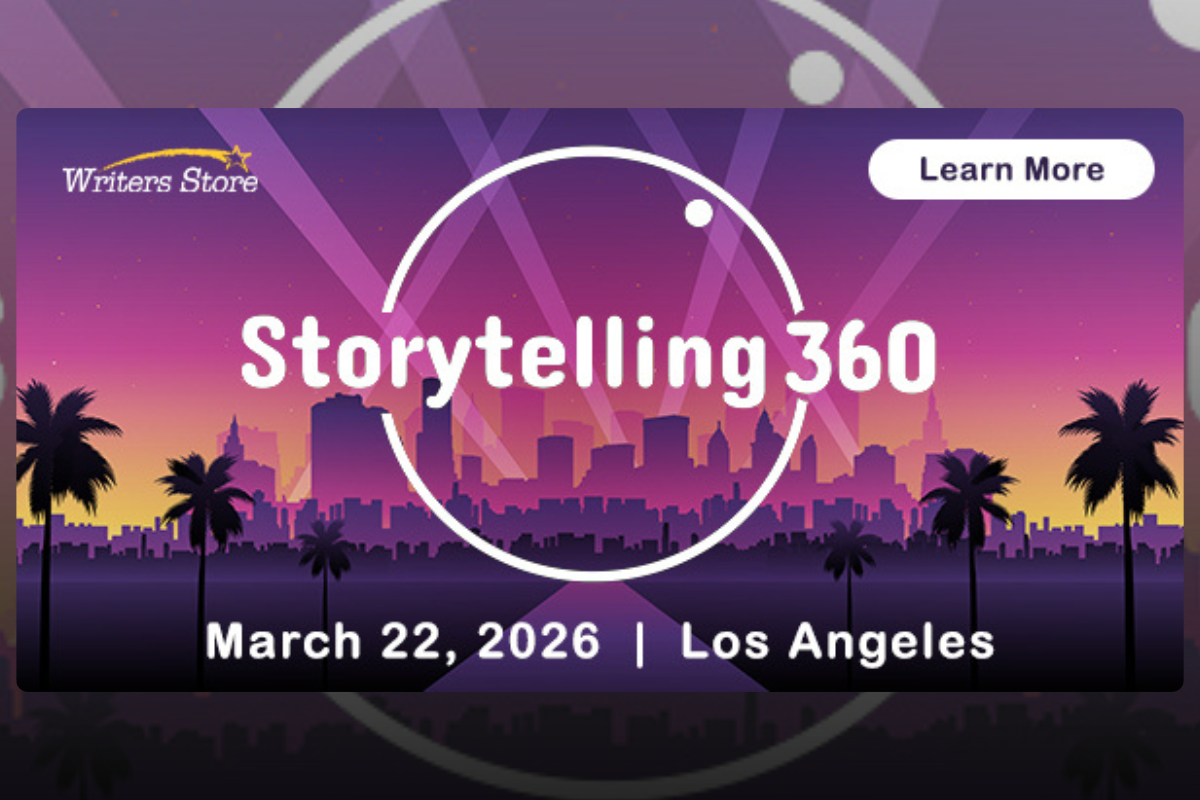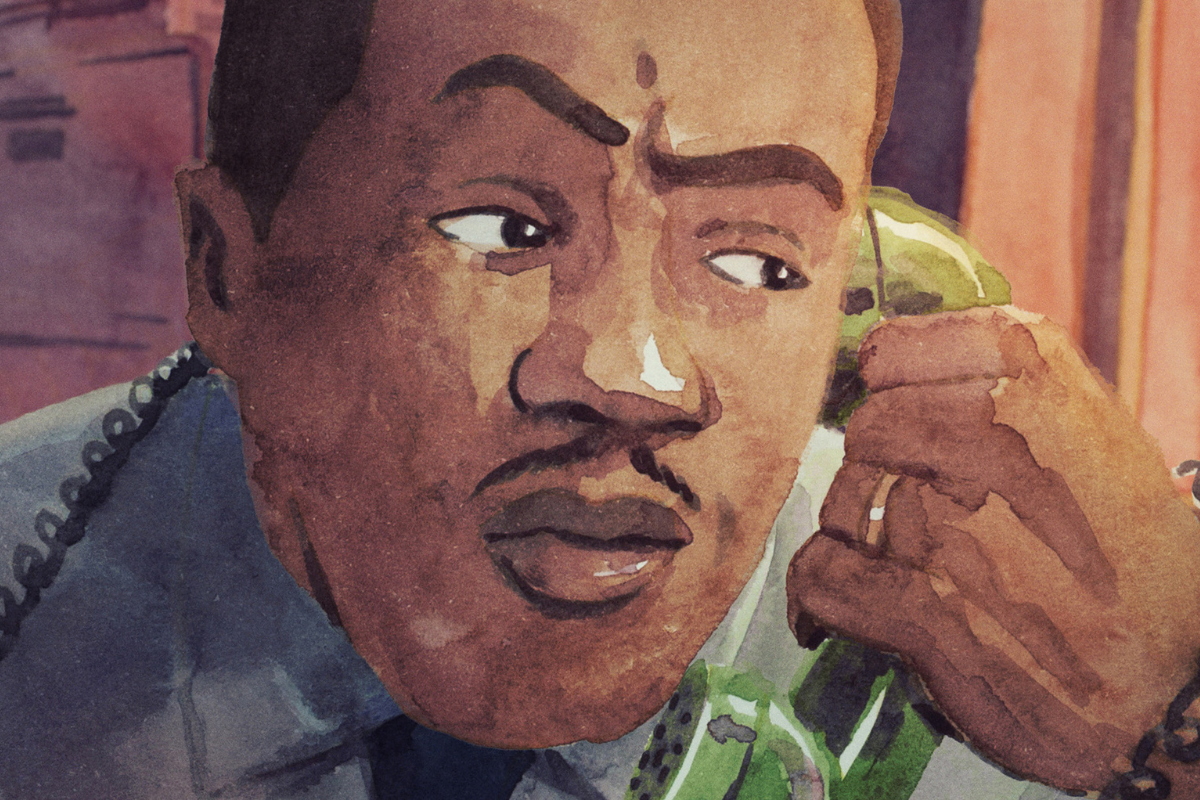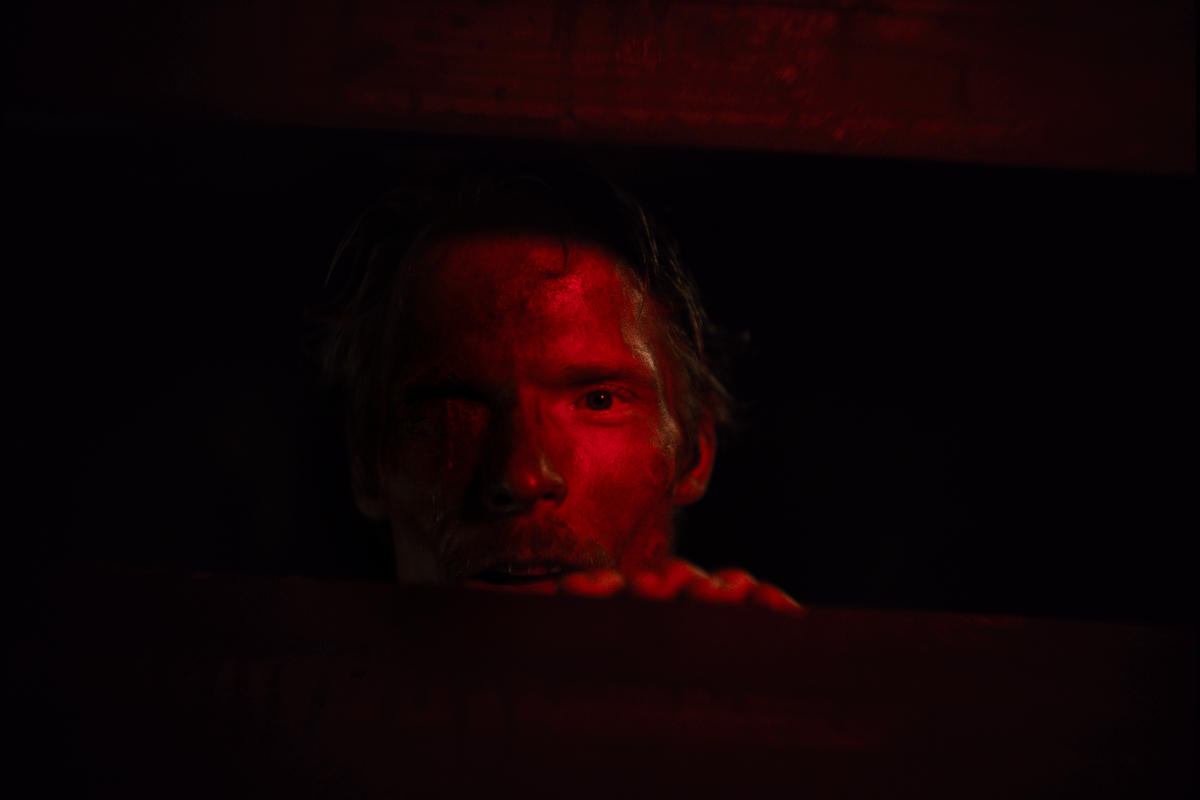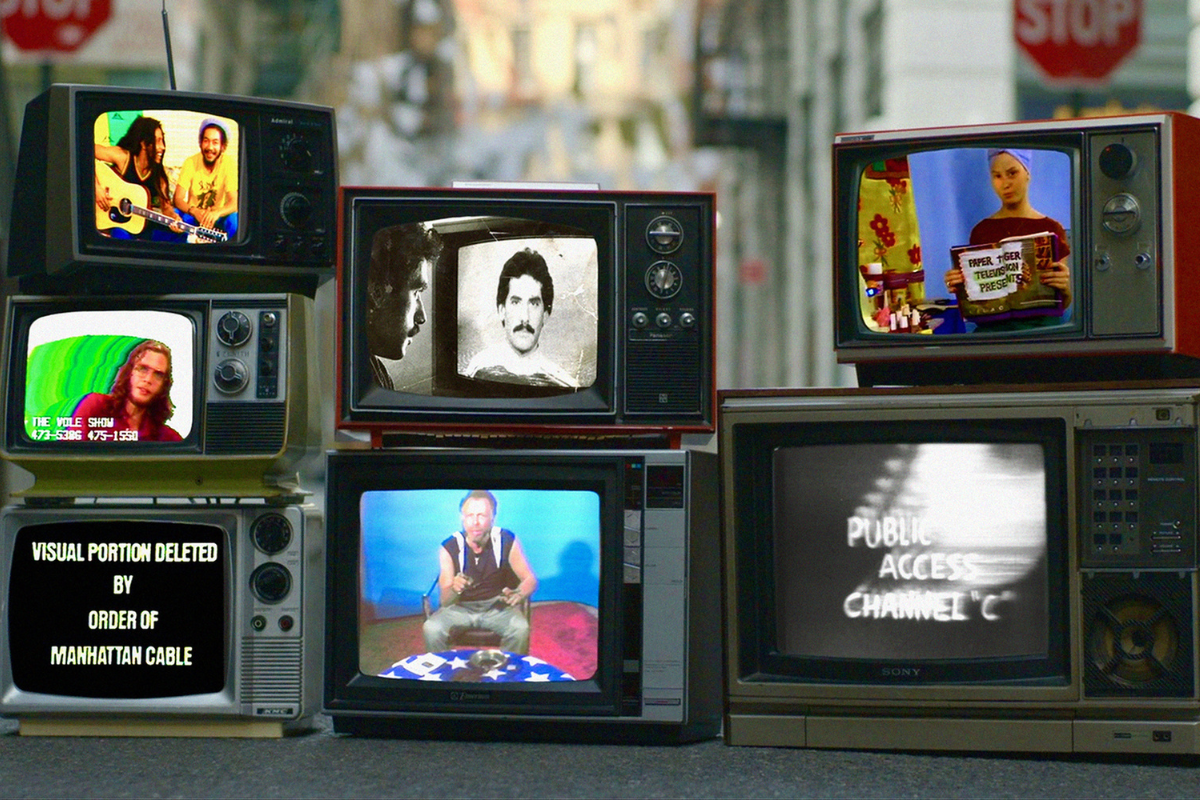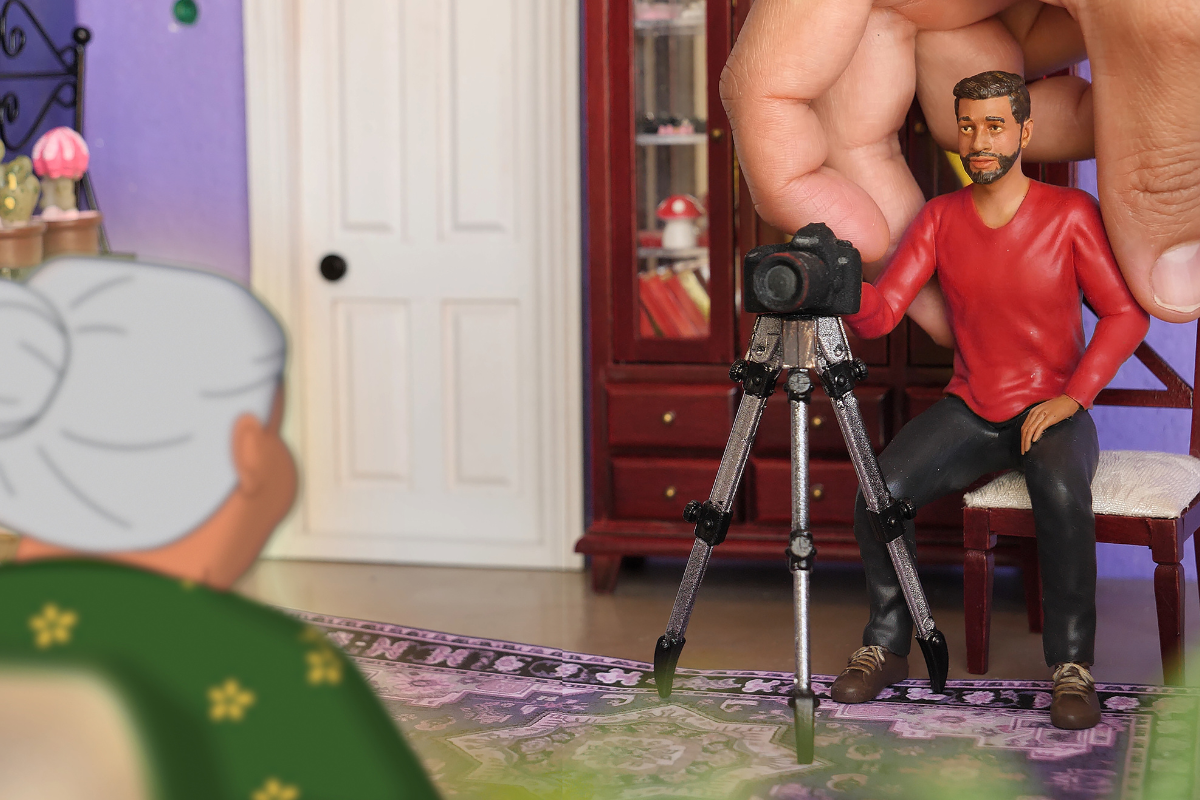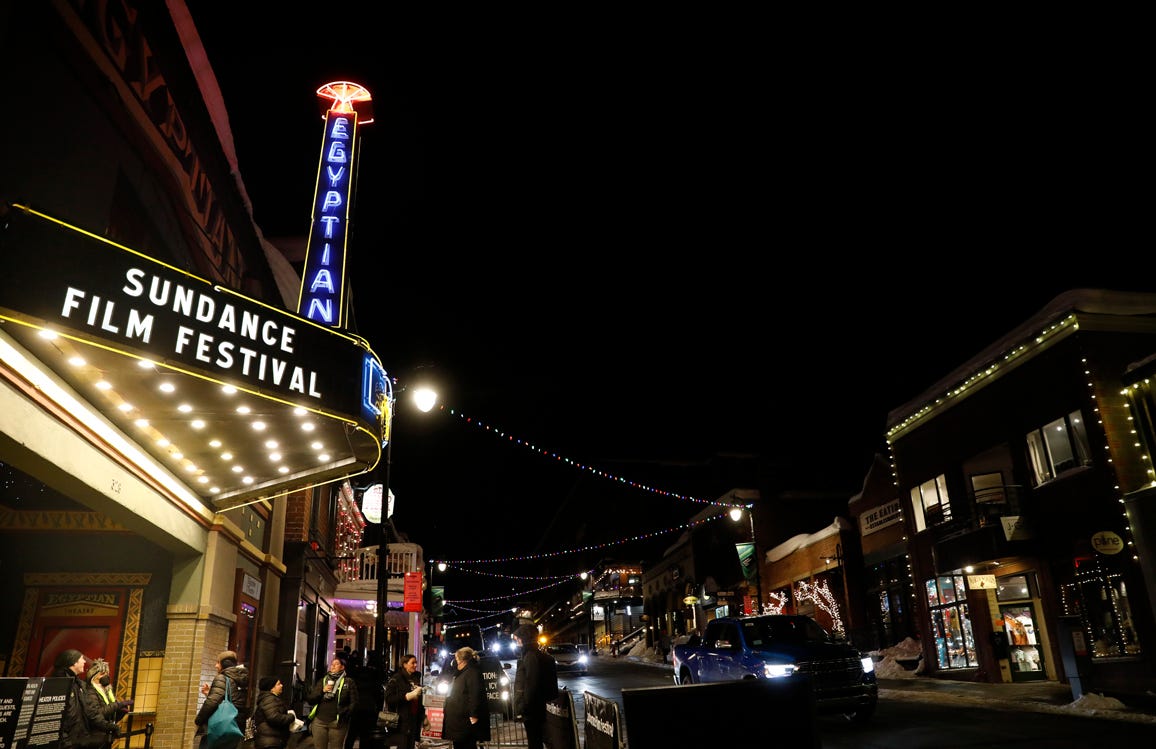INTERVIEW: S.J. Chiro on Her SXSW Film Lane 1974
Filmmaker S.J. Chiro explains the challenges in adapting the memoir ‘Lane 1974’ to film, the importance with keeping it an era piece, as well as her experience in the film industry.
Roe Moore has worked as a script supervisor alongside many highly acclaimed directors. As founder and producer of PiePie Productions, she has produced multiple award-winning projects and was recently awarded a women’s Filmmaker-in-Residence. Twitter: @Roe_Moore
S.J. Chiro hails from Seattle, Washington where she is well loved in the film community. In a visit to Austin, TX, Chiro had her film, Lane 1974, debuting at SXSW. Lane 1974 follows 13-year-old Lane who lives on a beautiful Northern California commune, wild and free, until her mother, a rebel and iconoclast, alienates their small group from the security and safety of the community land. They begin moving from one unlikely situation to another, leaving normal life far behind. The film is an adaptation of Clane Hayward's memoir The Hypocrisy of Disco.
In speaking with Chiro, she explains the challenges in adapting the memoir to film, the importance with keeping it an era piece, as well as her experience in the industry.
Note: Interview edited for length and clarity.
Script: How did you become involved in the industry?
Chiro: I started in theater as an actress and as a director. I ran a small theater as an artistic director. In the 90s, I started being drawn to film. Coming out of the 80s, it was probably one of the most dreadful times for women in film and it was getting me down, just seeing what we were being force-fed in one of the most powerful mediums. I wanted to be the change I wanted to see in the world. Then, this indie wave came in. It bolstered my idea because suddenly Jane Campion and other people were doing things that are amazing. It was so exciting that this kind of work was being done. I decided to apply for film school. The only film school I wanted to go to was USC because I wanted the connections. Even though I come from such an arty background, that was my one business move.
I did a test film with somebody who wanted to be a producer. I didn’t want to spend a lot of money on a degree only to find out I don’t like this world or I’m not fitted for it. So, that test project went well, and I loved it. But my husband was still in school in Seattle. Richard Linklater debuted Dazed and Confused at SIFF, and I got to talk to him. He was like, “Dude, do your own cool film. Take that money and make your own film.” So, I applied to USC and I got in. But then I got pregnant and life occurred. I embraced it. And I miscarried.
It was really a wakeup call to say, “Hey, you don’t get to say when you have kids.” I didn’t end up going to film school. But, I did continue my studies with people like Lynn Shelton and getting into that film community that was burgeoning at that time. I learned a lot from my peers and the community.
Script: How has it been working within a community like that?
Chiro: The community is a completely supportive community. It’s not a tear down situation. It’s competitive in that we want the next project to be better than the last. It’s a serious group of supportive filmmakers. I feel very lucky and that’s really where I got the bulk of my education. That and, of course, I see a lot of films.
Script: The film shows Lane losing her community and her family. But behind the scenes, it sounds like it built a strong community of supportive people.
Chiro: That just makes me feel so emotional because in the end, that is so important. If you have your community – and what you see in the film is when she has her peers – it’s okay. It’s not great, but whatever. Together they’re having fun. But when she’s just stripped of everything, she starts to become an animal. It puts into question “are you even human without a community?”
Script: How did your earlier work helped you become a stronger artist?
Chiro: All my short films that I wrote were adapted. It’s been a thing. My very first film was adapted from a fairytale. Then the next was adapted from a play, then the next one was adapted from a short story. I always had a touchstone with another artist. In identifying how important community is, adapting is like an automatic community even if the other person isn’t there, their art is there. So, it’s a collaboration. I don’t think of myself as a writer. I wrote so that I could direct.
Script: You mentioned the story was very close to what you personally experienced growing up, but you couldn’t find a way to create that into a screenplay. What was it like adapting the memoir into a screenplay?
Chiro: The book became like the bible. Hayward’s a very visual and sensory writer. When I was reading it, I could smell the penny royal. She’s just very evocative. You feel the world. Her book is from the point-of-view of the 13-year-old girl and her world. And Hayward was very good at mainlining the story. I felt it completely. If I were to just go on my own story, it’s so nebulous, it’s so huge. There’s no pathway, there’s no – I couldn’t shape it. But with the book, even though the book is very here, there, there – it’s not very linear. If you read the book, you’ll say, “Uh, this is not the film I saw exactly.” At least, with the book, I had a world to reference very clearly. I saw a path even though it wasn’t in the book, I had this vision.
Anytime I would feel like I was a little lost, I could just go back and read my bible. Even when I thought, “What would someone say here?” I could go in and see, “Oh, here’s exactly what they said.” It was great to have the world as a reference. There were whole segments that included parts of New Mexico and places that we [the film] don’t go at all.
Script: Why did you choose the segments in the movie?
Chiro: Since I grew up in Northern California, that’s where I wanted to locate the story. That’s what I really understood. Although, I thought the New Mexico part was beautiful and I got it. I could visualize it. But I wanted to stay in Sonoma County and San Francisco. That whole dynamic I completely got and understood 100% in my cellular make up. Another important aspect I wanted to create is the disjointedness. The way Hayward expresses it is: “I don’t know how, but now we’re living in this trailer park.” I wanted to get that sense in the film where suddenly something happens and everything’s different, and you don’t know why, you don’t know how. You’re just being jerked from place to place. Like, when Lane has to leave her sister. Maybe another film might have her throw a temper tantrum and be the hero. But the reality is she had no choice but to follow her mother and leave her sister.
Script: What was your relationship and collaboration like with the memoir author, Clane Hayward?
Chiro: I wanted to honor her story and respect her as an artist. When I had a draft, I shared it with her. And she was like, “Oh, cool.” But I didn’t try to collaborate with her and sit down and write together or anything like that. I felt like she had already done her part which was the book. She had given me a whole barrel of gold right there. That’s all I really needed because it’s a wealth of information. She’s not sentimental at all in the writing of the book. She’s like, “Here it is, this is what happened.” And I kind of wanted to retain that as well. I do stay in close contact with Hayward even now.
Script: What was the most difficult part of writing the story?
Chiro: It took a long time for me to get into the character of Hallelujah [based on Hayward’s mother]. Unfortunately, her mother suddenly died before I could meet her. And I wanted to meet her because that character took me a long time to tap into. Because when you read the book, you’re just like, “What is your problem? Where’s your head at? How do you operate in life like this?” I would wake up wondering about it, wander around thinking about it. It’s always in the back of my head, “This woman? How?” I finally felt like I had an in when I got to a point where I understood her as a parent. I could relate to this “help me help you” idea Hallelujah expresses. She’s on a more meta scale where instead of “pick up your socks” it’s more like “be enlightened.”
Script: Was there a thought process behind keeping the film 1970s based verses adapting it to current times?
Chiro: The memoir is set in 1978. But I moved it back to 1974 because I wanted the film to feel like a heavy oppression over it. The closest I get to referencing the full oppression is Nixon resigning on television. But there’s so much more. I think 1974 is the darkest period in our recent history. If you look back, there was kind of an optimism in the late 60s. But that really petered out by the time 1974 came. People were starting to get lost in drugs and President Nixon was not a great person. FBI files are being released now that they were targeting Blacks and Hippies that they would distribute and push drugs in these communities and then come down on them to demobilize them. That’s totally depressing. The gas crisis was coming up, the cities were a disaster. New York was a scary place to be. I felt psychologically, our nation was at a very deep point. I wanted to put that pressure on top of this world with Lane. It was important for Hallelujah’s character. She needed to be on the cutting edge rather than later as we learned more about that era.
Script: What advice do you have for up-and-coming writers?
Chiro: I never gave up on myself. I believed in my project 100%. I knew that I could get it made not because I had money or people or anything, really. I knew that I could do it and that I would have to find the right people to make it happen. It was something that I felt had to be in the world. The project had to have so much personal and political resonance. It had to be important to me because it was years of pushing, pushing, pushing and never giving up while never letting fear take over.
To keep up with SJ Chiro and future screenings of LANE 1974, check out the film’s website.
Get our FREE Tips on Acquiring Book Rights and Writing an Adaptation today!
Let us help you acquire the rights to a book with our FREE download. Learn how to turn a book into a movie today!
[form id="160852"]
Join the Script newsletter and learn how to acquire book rights and write an adaptation today!
Originally from Aurora, CO, Roe Moore‘s vast experience has taken her both in front of the camera and behind the scenes on familiar television shows like Lucha Underground and Wives with Knives as well as indie film favorites like Entertainment (John C. Reilly/Michael Cera) and The Escort (Bruce Campbell/Lyndsy Fonseca). She’s had the opportunity to work as a script supervisor alongside many highly acclaimed directors including Student Academy Award Winner, Davide Henry Gerson. As founder and producer of PiePie Productions, she has produced multiple award-winning projects including short film Dark Specter and narrative web content for Funny-or-Die. Roe was recently awarded a women’s Filmmaker-in-Residence with Her Film Project. When Roe isn’t on set or working on her upcoming projects, she can be found swimming, sweating in Bikram yoga, or enjoying time with her two dachshunds Peanut and Slinky. Twitter: @Roe_Moore


